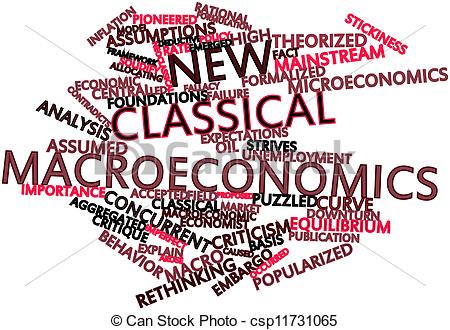
- Teacher: DR.NEETHU S ARAKAL
- The study of economics begins with the fundamental ideas of economic actions. The second fundamental course i.e. macroeconomics. I offer the students a view on the economy as a whole. This course will introduce the students to the basic ideas and tools that will be utilized throughout in the other courses of the degree programme.

- Teacher: Sr. Bincy J
Introduction: International economics deals with the economic relations among nations --- both trade and financial relations—A good understanding in international economics is necessary for a student of economics and those who wish to work in these areas or governmental organizations.
Objectives: The basic aim of this introductory course on international economics is to present before the students the questions, and answers, related to international economic relations.
Learning Outcome:
The students are expected to acquire skill that will help them to take rational decisions in issues
related to international economics.

- Teacher: DR.NEETHU S ARAKAL
To expose the learners to some of the key issues facing the Indian economy both at national and
regional levels. In this process, as young adults, students are expected to be sensitised about these
issues, appreciate and learn to critically assess the role of the government in various economic
spheres. The learners are also exposed to numerical information relating to various aspects of Indian
economy and India‘s economic policies. They are expected to develop analytical skills, interpret the
economic events and visualise the economic future of India. For all these to happen, teachers are
requested to take special care to instruct the students to read the
suggested reference books, collect clippings and articles from news papers and magazines and also
develop the habit of following economic survey, economic review and RBI Bulletin. Besides, as
against the conventional assignments, each module has ‘Suggested Additional Activities’ at the
end. Teachers need to encourage the learners to explore beyond the texts while attempting these
activities.

- Teacher: DR.NEETHU S ARAKAL
- In the present Globalised world financial institutions and markets play a significant role. The financial sector liberalization across the world including India has led to unprecedented growth in the financial sector, especially capital market, leading to the introduction of new and diversified financial instruments and financial practices, providing ample career opportunities to the students of economics. This course is designed to give an exposure to the students of economics to the changing world of financial markets and to give them an opportunity to familiarize with the basic concepts related to capital market which they read in newspapers and hear and see through electronic media in their daily walks of life, and to understand the economics of capital market. The course also aim at providing a platform to students of economics in developing the skills required to take up a career in financial sector and to provide them an opportunity to think of higher studies in finance which may open them the vast career opportunities in the field of finance

- Teacher: Sr. Bincy J
